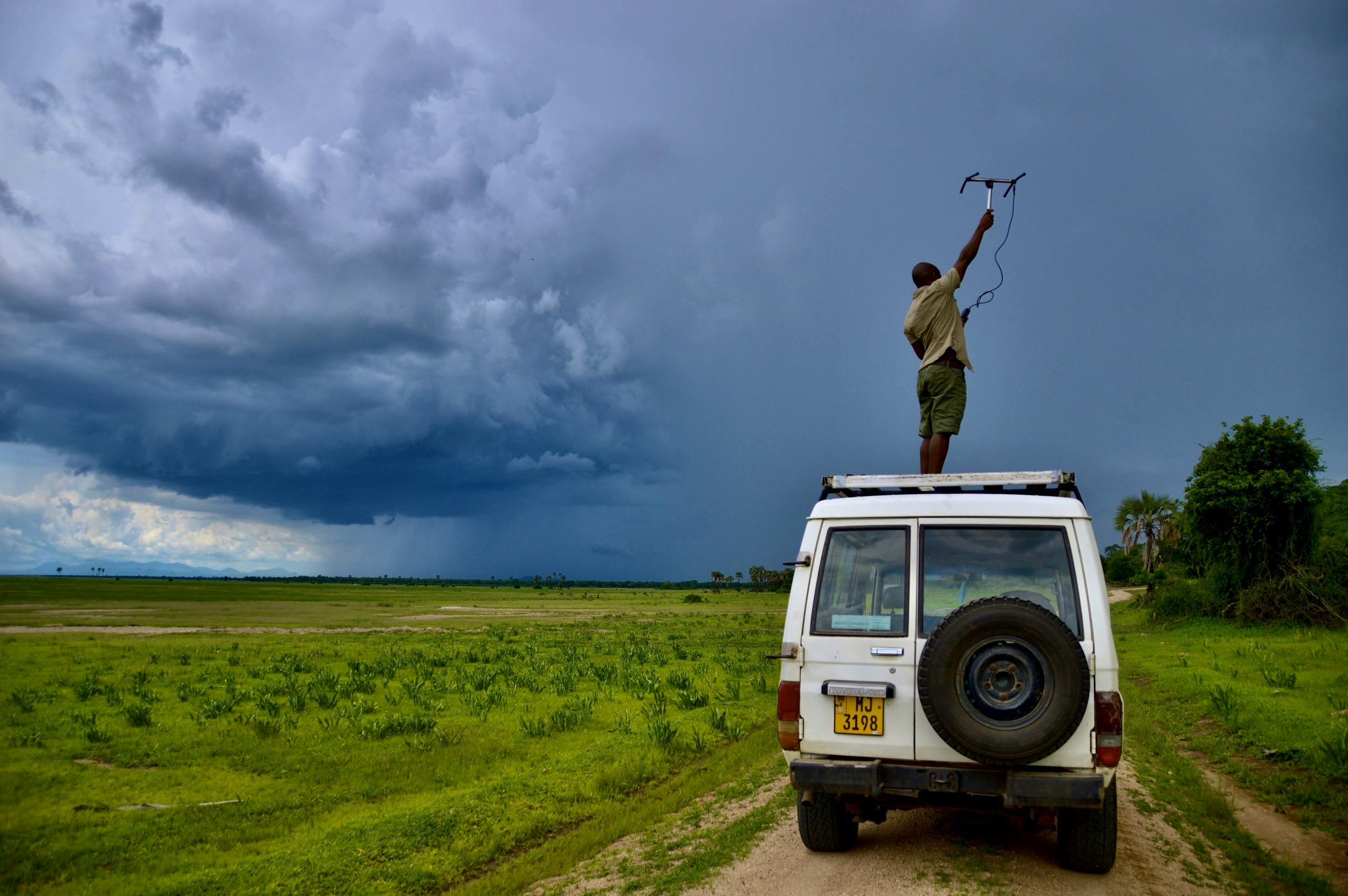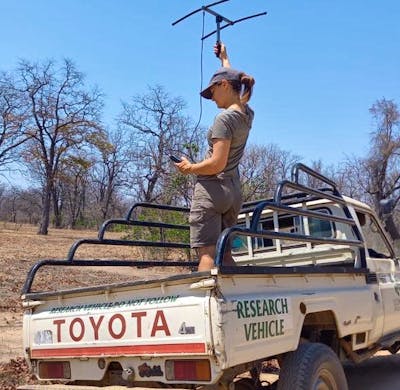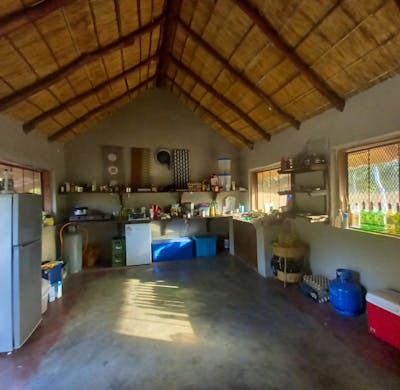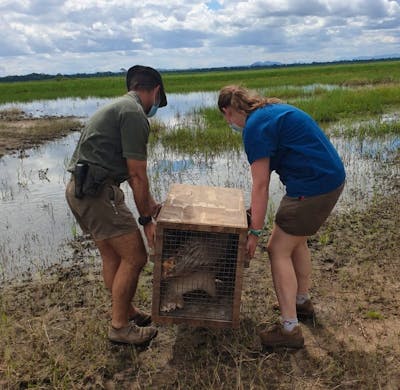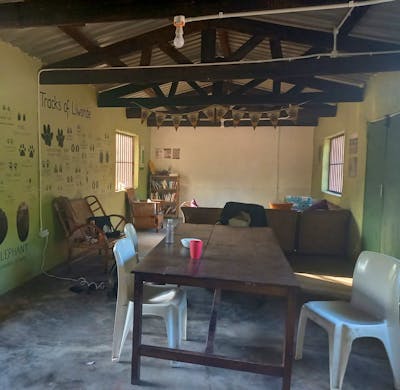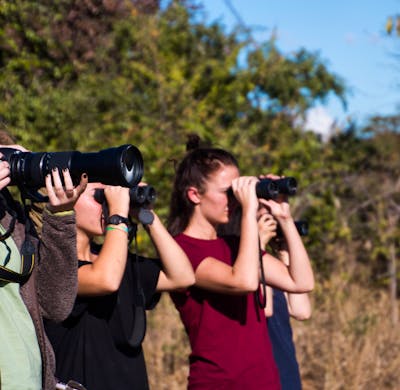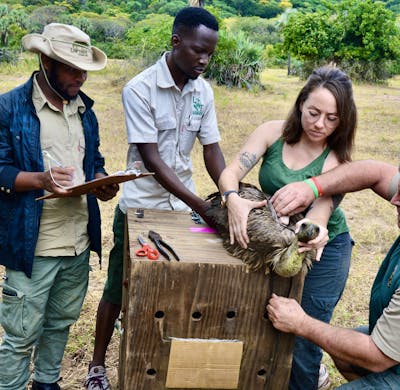à partir de 1 685€
Wildlife Research Support
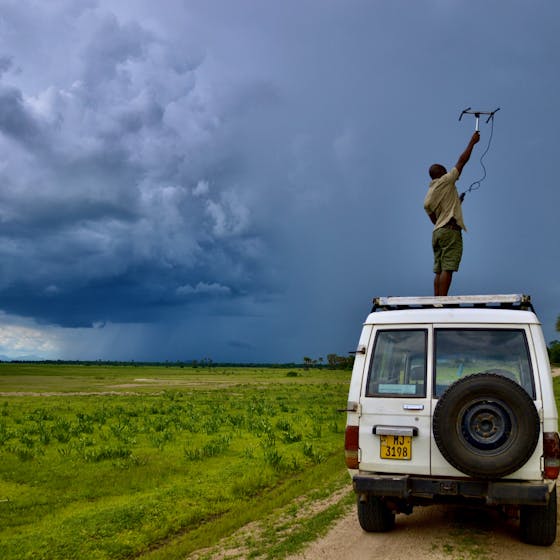
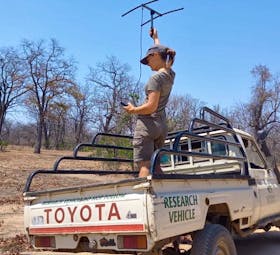
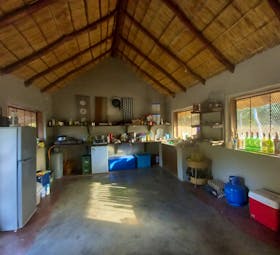
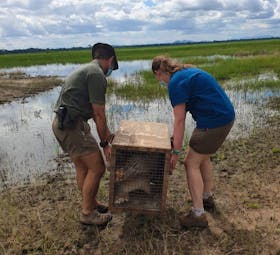
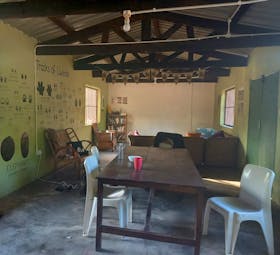
Clou
- Be immersed in one of Malawi's top national parks and get up close with the Big 5
- Experience life in the African bush and live alongside Malawi's top rangers, vets and conservationists
- Contribute to wildlife research that makes a real difference to conservation in Malawi
- Support a high-impact and award-winning organisation leading on wildlife conservation in Malawi
- Explore the 'Warm Heart of Africa' with snorkelling or diving in Lake Malawi, horseback riding at Kande Beach, and cycling in Kuti Wildlife Reserve.
Particulièrement approprié pour
À propos du programme
Track and monitor wildlife in one of Malawi's top national parks and contribute to vital research that is supporting the country's conservation efforts.
Malawi’s incredible wildlife is facing a number of threats, from deforestation and biodiversity loss to human-wildlife conflict and the illegal trade in products such as ivory and bushmeat.
Journée typique
When you're in the field, the days start early to avoid the midday heat. After breakfast at dawn, you'll head out into the bush in a safari vehicle to track wildlife and conduct surveys. There will be a break in the middle of the day when you'll return to the Research Station for lunch. You'll head ...
Activités de loisirs
- Senga Bay: Boat trip, snorkelling, ...
Conditions
Services inclus
NE SONT inclus dans le prix:
Informations sur l'arrivée
Our projects start and finish on a Tuesday. It's best to fly into Lilongwe (Kamuzu International Airport) and we'll pick you up from there. You'll have one night at our sanctuary in Lilongwe to rest and get supplies, then head down to Liwonde National Park the following morning.
Frais de Programme
Rencontrez votre hôte

Lilongwe Wildlife Trust
Non lucratif - fondée en 2007
Vérifié par Volunteer World
Hébergé par
Mercy
Sur le projet
40 avis ·  4.7
4.7
Emplacement

Ces projets pourraient t'intéresser aussi
-
Éléphant d'Afrique
Preservation des eléphants
Plus de 50 ans
Animaux en Afrique
Missions de courte duree
Adulte
Projets a l´etranger
Couple
Les meilleurs programmes de bénévolat
Mission Humanitaire pour les etudiants
Les grands cinq
Mission humanitaire en anglais
Animaux sauvages en Afrique
Missions humanitaires en Afrique
